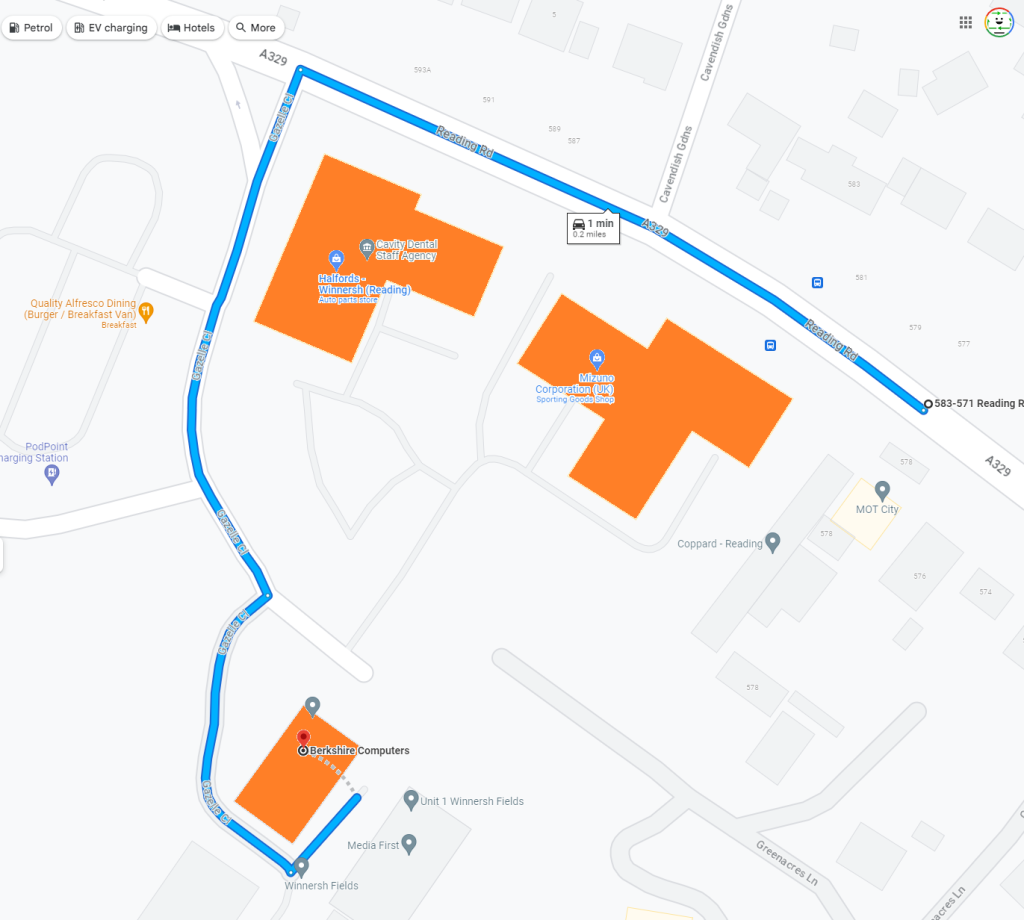Troubleshooting Unusual Noises from Your Laptop: A Guide for Concerned Users
If you’ve recently noticed your laptop emitting strange and unusual noises, rest assured that you’re not alone. Many users encounter quirky sounds, especially as their devices age. Today, we’ll discuss common causes of these odd noises and provide some troubleshooting steps to help you resolve the issue effectively.
Identifying the Problem
One user reported persistent noises from their HP Pavilion laptop, which they have owned since January 2017. They noted that the sounds were not typical overheating noises, but rather something distinctly different, possibly emanating from the fan area. The description of the noise resembling a buzzing bee, coupled with vibrations felt when touching the laptop, indicates a mechanical issue that may need addressing.
Common Causes of Laptop Noises
-
Fan Malfunction: The fan is crucial for cooling your laptop. If it is obstructed or malfunctioning, it may create unusual sounds. Dust and debris can accumulate, causing it to work harder than necessary, resulting in strange noises.
-
Hard Drive Issues: If your laptop has a hard disk drive (HDD), it may produce clicking or buzzing sounds if it’s failing. Solid-state drives (SSDs), on the other hand, are typically quieter but can still emit some sounds during operation.
-
Loose Components: Over time, parts of the laptop can become loose. This can lead to vibrations that manifest as noise, especially while the laptop is running.
-
Software Glitches: Sometimes sounds can be generated by software-related issues. High CPU usage can cause the fan to spin faster, leading to increased noise levels.
Troubleshooting Steps
If you are experiencing similar issues, here are some steps you can take to diagnose and potentially resolve the problem:
-
Cleaning the Laptop: If you haven’t done so yet, consider carefully cleaning your laptop. Use compressed air to clear out any dust from the fan vents.
-
Monitor Processes: Check your task manager to see if any processes are consuming excessive CPU. Close unnecessary programs to see if the noise decreases.
-
Run Diagnostics: Most laptops come with built-in diagnostic tools. Running these tests can help identify if the hardware is functioning correctly.
-
Check for Firmware Updates: Ensure your operating system and drivers are up to date, as updates can resolve many performance-related issues.
-
Seek Professional Help: If the noises persist,
Share this content:



